McQuillen decision possible next week
By Bob Steenson, bsteenson@charlescitypress.com
A decision could be made by the end of next week on a developer to finish the McQuillen Place project in downtown Charles City.
A deadline of 4 p.m. Monday, March 9, has been set for bids to be received to purchase the assets of the project, along with proposals to complete and manage the mixed retail and residential building.

The Iowa Economic Development Authority has said it will make up to $1 million available in federal Community Development Block Grant Disaster Recovery funds, to help finance the project.
Charles Smith, an attorney from Council Bluffs, is the trustee appointed by the U.S. Bankruptcy Court to oversee the sale of assets from McQuillen Place Co. LLC, in chapter 7 bankruptcy, to pay back creditors.
Smith told the Press Monday that it will probably take a couple of days to evaluate the bids next week, but he hopes to have a decision made by Friday on which bidder to recommend to the bankruptcy court judge handling the case.
“I’ll be the one who ultimately makes the decision, however I’m certainly going to encourage the state and the city of Charles City to both provide any input that they deem appropriate,” he said.
Representatives of Charles City and representatives of the Iowa Economic Development Authority will meet with Smith on Thursday, March 12, to discuss the bids.
Smith said, “What I want is the highest qualified bid in terms of, I want to make sure that whoever’s proposing to do it has the financial wherewithal to complete the project and to do in a timely fashion.”
He said his decision on which developer to recommend could come down to simply which one bids the most, “but it also could be that somebody has a higher quality project in terms of there’s no question of their ability to get financing and the wherewithal to complete the project.”
Once a developer recommendation is made to the judge, the judge will set a period of time for anyone to object to Smith’s recommendation. That objection period will typically be about 21 to 28 days, Smith said. If an objection is made then a hearing would be scheduled.
Once a developer is selected and pays the bid price, construction could resume.
“I’m sure the developer would have to work with the city in terms of meeting code requirements and with the state in terms of making sure all the boxes are checked to obtain the state funding,” Smith said.
Ann Schmid, disaster recovery team leader with the Iowa Economic Development Authority, said the IEDA worked with Smith to make a bid package available online for interested developers.
The package included a letter from Smith, forms to be filled out listing financing sources, an application for the federal CDBG funds if they are being sought as part of the project, as well as 107 photos of the partially finished project that were taken during a walkthrough by Smith, Schmid, city officials and original project developer Charles Thomson and others in late January.
Smith’s letter says the property at 123 N. Main St. is being sold as an asset in the bankruptcy and he is seeking “a qualified developer to acquire, finish and maintain the property.”
The up to $1 million in U.S. Department of Housing and Urban Development (HUD) CDBG disaster recovery funds is contingent on the developer agreeing that at least 51% of the 33 apartments in the project will be available to low or moderate income qualified persons, the letter says.
It also says that Charles City is also prepared to help the development through tax increment financing.
Charles City City Administrator Steve Diers told the Press that some city help in finishing the project is likely, but the details have not been worked out.
The city had originally agreed to use TIF funding to back a $900,000 loan from a bank and a $900,000 loan from the city, but that was never used because the project was not completed.
Schmid said the IEDA had previously allowed up to $3 million for the project for multifamily housing, and “a majority but not all” of those funds had been drawn down for the project.
The $1 million in additional funding was identified as “sufficient to get the project completed or at least to motivate developers to come in,” Schmid said. “It is certainly not enough for a developer to purchase and complete the project.”
“Obviously, developers will have to prove the need for those funds by presenting a budget to complete the construction component of the residential units,” she said.
The availability of the bid package was “blasted to developers that we knew had interest,” Schmid said, and there was no limit on who could access the documents and submit a bid.
There is no way to know how many bids will be received by the deadline, but Smith said he had about half a dozen inquiries and Diers said he had several inquiries and had given tours to three potential bidders.
“We’re hoping for several” bids, Schmid said.
She said that the IEDA would be looking to make sure that a development team has the financing and resources to finish the project as it advises Smith.
“As you know, this project has lingered for a substantial amount of time, and one of our greatest priorities is to get these HUD funds expended in a timely fashion,” Schmid said.
The CDBG disaster recovery grants are still part of a program that developed after the widespread state flooding in 2008, to help create new multifamily homes to replace housing units lost in the flood.
“Certainly we are long since beyond that disaster,” Schmid said. “HUD is eager to close this out, but we have made a strong case to them that we started this project back in 2014 and are committed to getting it finished.”

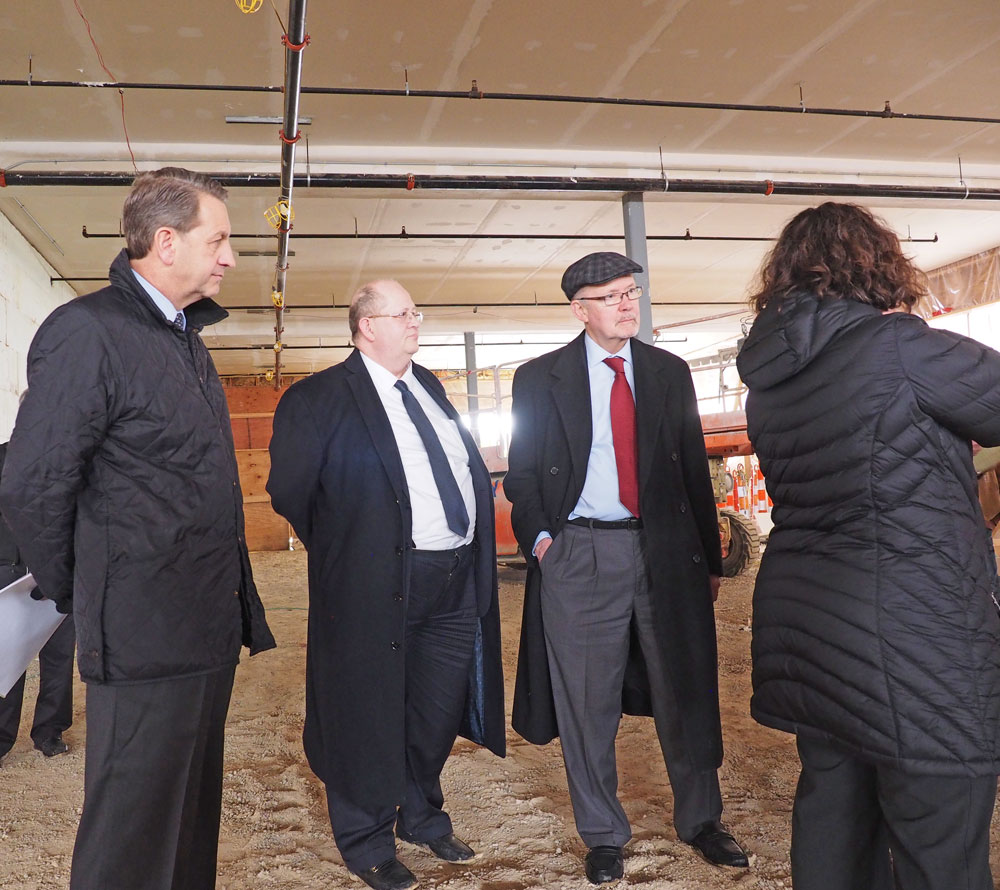
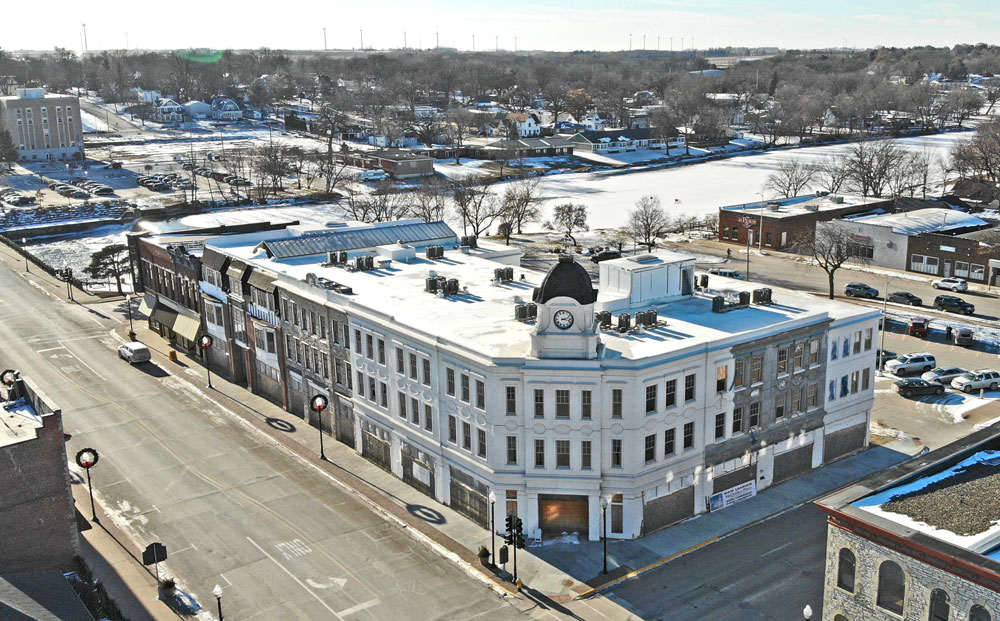
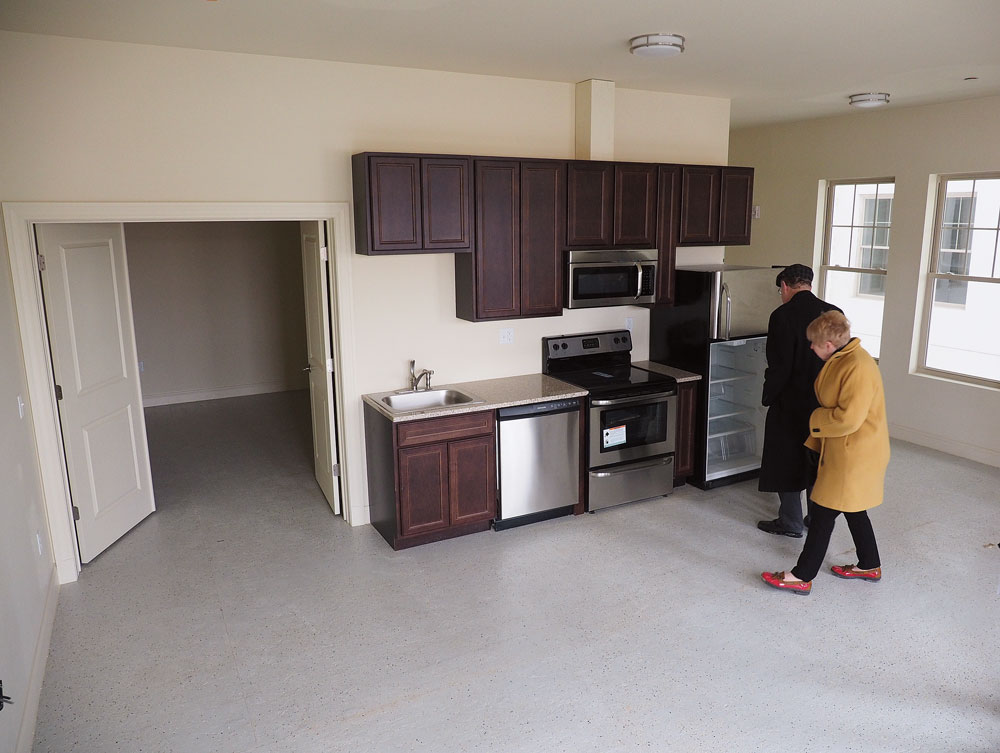
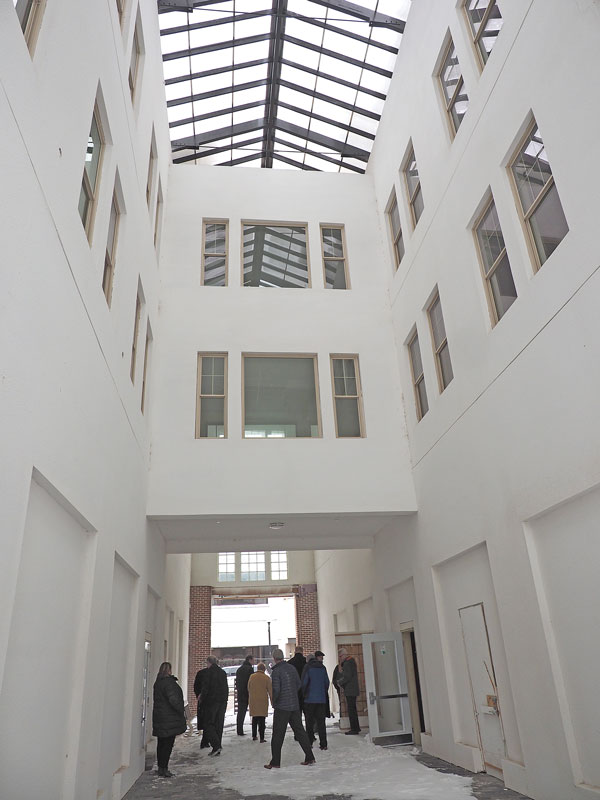

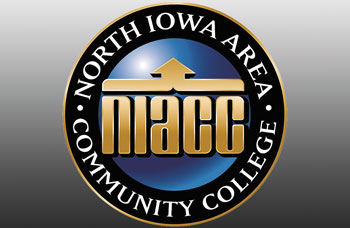
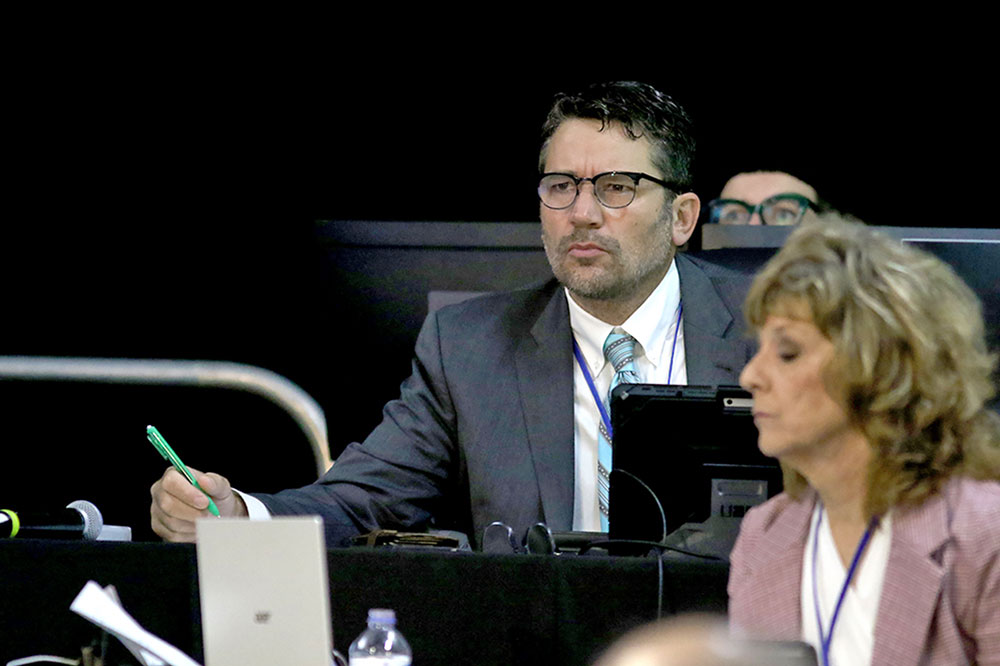




Social Share